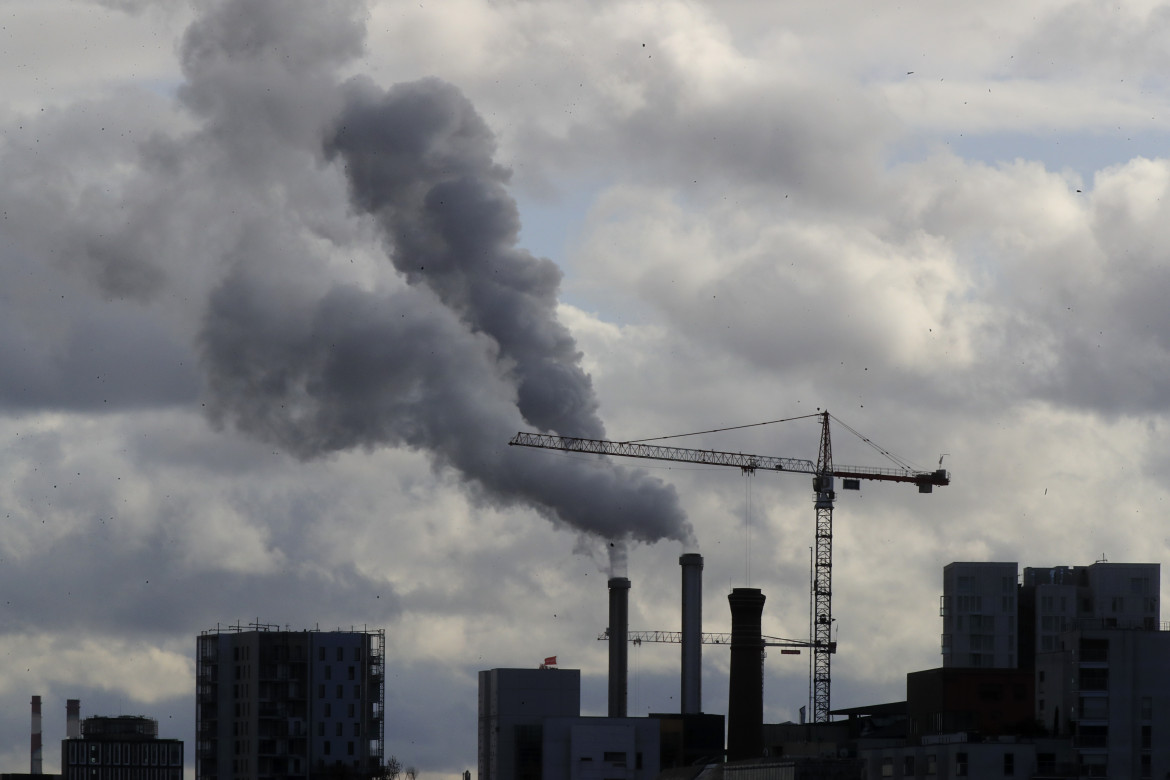Analysis
The EU will cut emissions, no thanks to Poland and Hungary
To avoid the stumbling block of the most coal-dependent countries, the goal of reducing CO2 emissions by at least 55% will be achieved collectively by the EU, meaning some countries will go above 55% in cuts and others will remain below.

For the President of the Commission, Ursula von der Leyen, the agreement is “a great way to celebrate the first anniversary of our EU Green Deal,” as well as five years since the Paris Agreement, to which the UN paid tribute on Saturday with a summit on the climate (conducted via video).
The EU brought to the UN what it called a “great success”: the 27 have unanimously agreed to reduce CO2 emissions by “at least 55%” (from 1990 levels) by 2030 (previously the target was a 40% cut), to reach climate neutrality by 2050. In addition, one third of the Recovery Fund must be allocated to sustainable investments.
However, the Council will now have to deal with the European Parliament, which has requested a 60% reduction, in the preparations for the text of the Climate Act set for next March, which will be followed by sector-specific legislative proposals (cars, energy taxes, forests, etc.) in June.
A year ago, Poland had refused to join the EU program of achieving climate neutrality by 2050. Poland (where three-quarters of energy comes from coal), along with Hungary, which have been blocking approval of the €1.8 trillion package (the multi-year budget and Recovery Fund) for some time, after making everyone back down at the European Council on Thursday, at least regarding the timing of the conditionality of funding on the respect for the rule of law, started on the offensive once again in the evening, with the support of the Czech Republic, and for many hours, throughout the night, negotiated adding clauses in their favor on the climate front, asking for more money.
“We are all rather exhausted,” Ursula von der Leyen commented on Friday morning. “In my view,” said Angela Merkel, it’s “a very important result, it was worth losing a night’s sleep to achieve this. I don’t want to imagine what would have happened if we hadn’t been able to achieve such a result.”
According to Emmanuel Macron, the Council was a successful test for the EU, which has shown itself to be up to its ambitions on the climate, but “10 years is actually tomorrow. So let’s do everything we can to succeed. Now. All together. Because there is no plan B!” The Prime Ministers of Poland and Hungary, Mateusz Morawiecki and Viktor Orban, in a joint press conference, boasted: “[W]e could say modestly, of course, that we saved the unity of the union.”
To avoid the stumbling block of the most coal-dependent countries, the text states that the goal of reducing CO2 emissions by at least 55% will be achieved collectively by the EU, and that the states will participate in the effort taking into account equity and solidarity, leaving no one behind. That is, some countries will go above 55% in cuts and others will remain below: what matters is the average.
Poland, Hungary and the Czech Republic used the imminence of the UN summit to gain an advantage, as the EU wanted at all costs to not come empty handed to the five-year anniversary of the Paris Agreement on Saturday. Morawiecki commented: “We’re going to have appropriate legislation which will give us the means for an energy transformation.”
By blocking the €1.8 trillion package, Poland and Hungary had also put the climate plan on notice, because a 55% reduction would have been out of reach without the Next Generation EU transition fund.
The future battle will be about financing. The less wealthy and more coal-dependent countries want to get more resources from the future carbon market reform. For now, transport, construction and agriculture are not covered by the Emission Trading System, and some countries are asking that these sectors be financed with an allocation of funds inversely proportional to the wealth of each state.
From the European Parliament, which is proposing a 60% reduction, voices were immediately heard saying that the plan was “not enough.” The Green Group is stressing that there is a sleight of hand involved, because the calculation of 55% also includes natural “carbon sinks,” such as forests or soils, and therefore this is not a decrease of 55% but of a “real” 50.52% at most.
In addition, gas and nuclear are considered green, to the great satisfaction of Romania and others (for the former) and France (for the latter). Environmental NGOs are also critical. For Greenpeace, this agreement is not up to the level required by the climate emergency, as it would take a 65% drop in emissions to respect the Paris Agreement. Greta Thunberg also spoke of “big speeches” and “distant hypothetical targets.”
Originally published at https://ilmanifesto.it/clima-alla-fine-lue-trova-laccordo-e-salva-lunita/ on 2020-12-12
